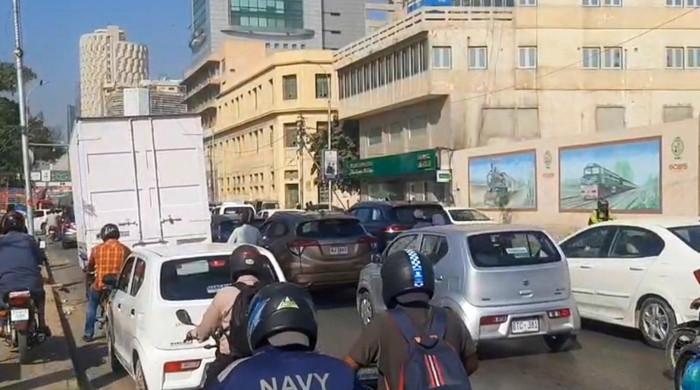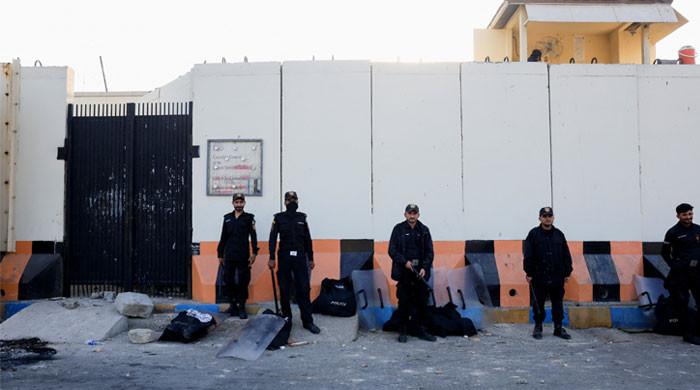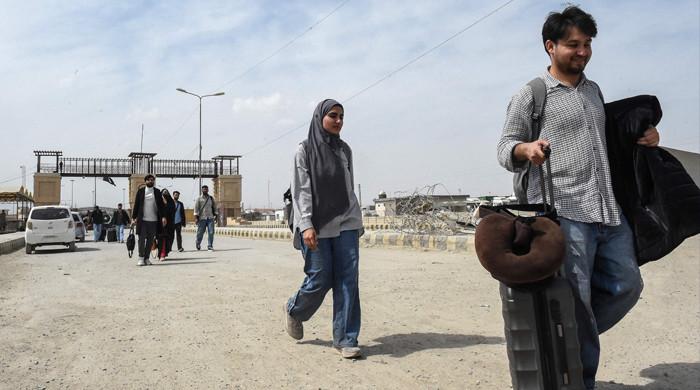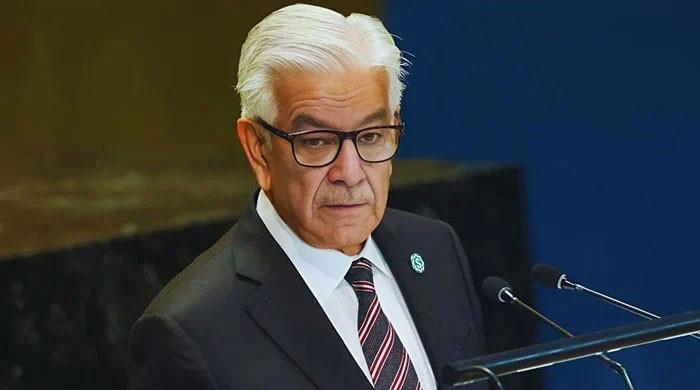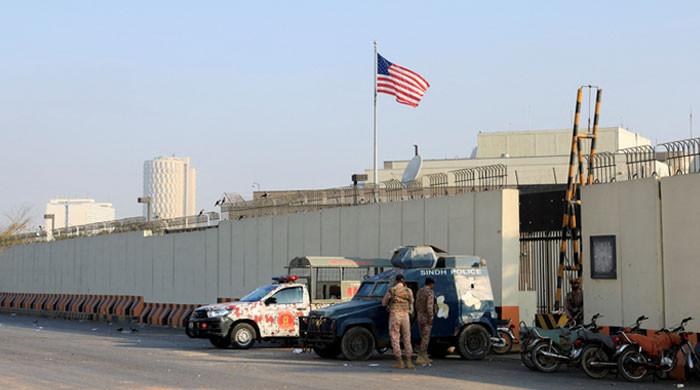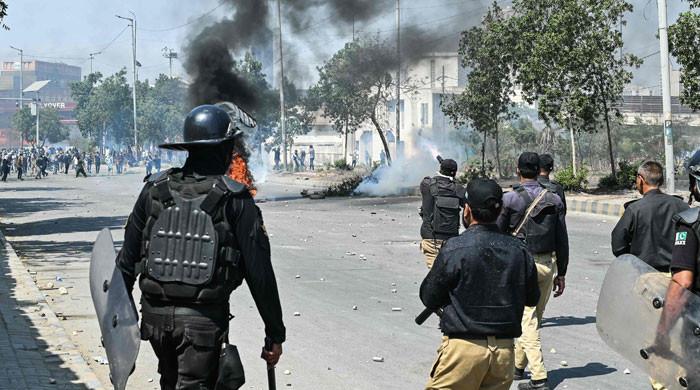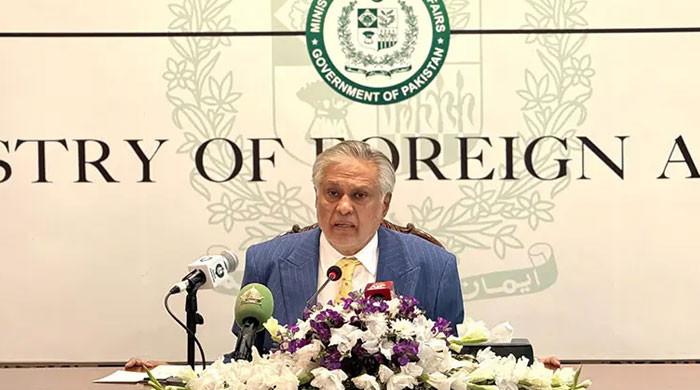PM Imran credits team for being among the first to enforce smart lockdowns
If we follow SOPs we will see off the worst of this crisis, says PM Imran on coronavirus smart lockdowns
June 28, 2020
ISLAMABAD: Prime Minister Imran Khan credited his team for being among the first to enforce smart lockdowns across the country, hoping that with proper implementation of the measure, Pakistan will "see off the worst of this crisis".
The prime minister shared a Bloomberg article titled "'Smart Lockdowns" are the future in Europe" on Twitter, saying his "team was amongst the first to enforce smart lockdowns".
"I am proud of it for helping me continue to navigate our country through the Covid19 crisis. InshaAllah, from now onwards if we follow SOPs we will see off the worst of this crisis," he wrote.
'Excellent leadership'
Shortly afterwards, Special Assistant to the Prime Minister on Overseas Pakistanis Sayed Zulfiqar 'Zulfi' Bukhari said PM Imran deserved praise for exhibiting excellent leadership.
"The world is realising Smart Lockdowns are the ONLY WAY [to deal with coronavirus]," he wrote on Twitter, adding that the US and European countries were also implementing smart lockdowns "for its sustainable benefits".
Bukhari added that members of the National Command and Operation Centre (NCOC), as well as the stakeholders, also deserved congratulations in this regard.
"Had it been any other government today, can’t even imagine disaster it would’ve been," the special assistant underscored.
Smart lockdown in 20 cities
Pakistan imposed a smart lockdown almost two weeks ago when COVID-19 cases in the country almost surged to the 150,000-mark. The NCOC issued a list of 20 cities identified as COVID-19 hotspots across the country where smart lockdowns were imposed.
Parts of Islamabad, Peshawar and Lahore have been sealed to stem the spread of the virus. Moreover, areas identified in Swat which have been sealed include Bahrain, Matta, Babuzai, Kabal, Barikot, Khariri, Gwalerai and Odigram.
Other tehsils identified by the Khyber Pakhtunkhwa Health Department include UC Qambar, Saeedoshareef, Breekot Gharbi, Quetta Sharki, Kozabandi and Madin.
More than 489 people have been infected in these areas, the provincial health department said.
In Peshawar, the four areas that have identified as coronavirus hotspots were sealed with both outgoing and incoming ways sealed. Lockdown has been imposed in Ahsrafia Colony, Channa Road, Danishabad and Hayatabad in Phase 1/Sector E-1.
Police have been deployed in the areas with markets except for grocery stores and medical stores.
TTQ strategy
Similarly, in Sindh’s Ghotki, four areas have been sealed and section 188 imposed after it was identified as one of the areas.
“A total of 20 cities across Pakistan have been identified as having likely increase in ratio/speed of infection which needs restrictive measures for containment,” a statement by the NCOC had said.
In Islamabad, authorities have already sealed G-9/2 and G-9/3 for having over 300 cases. While I-8, I-10, Ghauri Town, Bharakhau, G6 and G7 were being monitored, the NCOC had said.
The other cities identified by the NCOC are Karachi, Lahore, Quetta, Peshawar, Rawalpindi, Islamabad, Faisalabad, Multan, Gujranwala, Swat, Hyderabad, Sukkar, Sialkot, Gujarat, Ghotki, Larkana, Khairpur, DG Khan, Malakand, and Mardan.
The NCOC shared that the TTQ strategy is aimed at identifying disease spread, focused clusters/hotspots to enable targeted lockdowns and need-driven resource optimisation at all levels.




